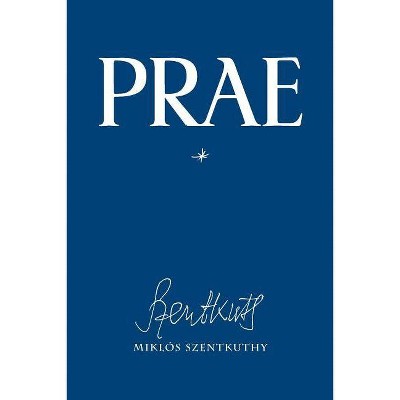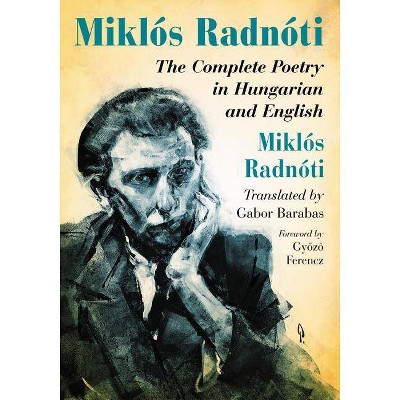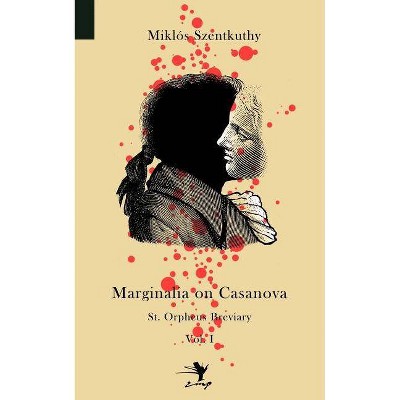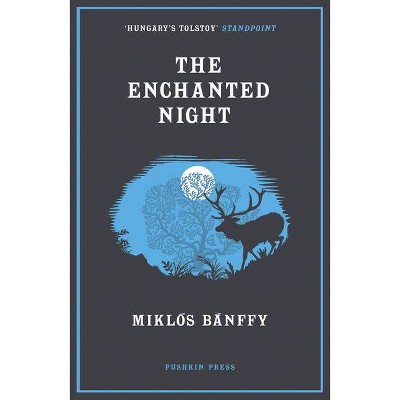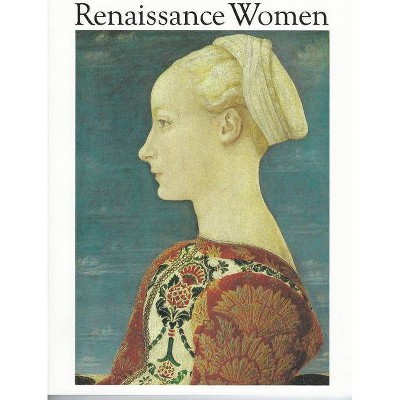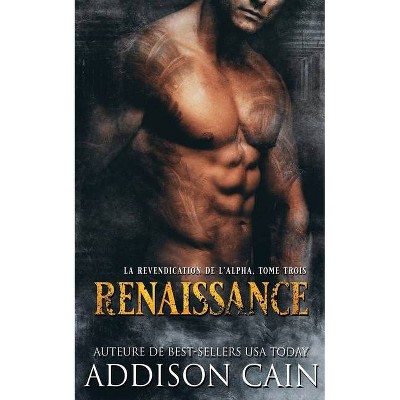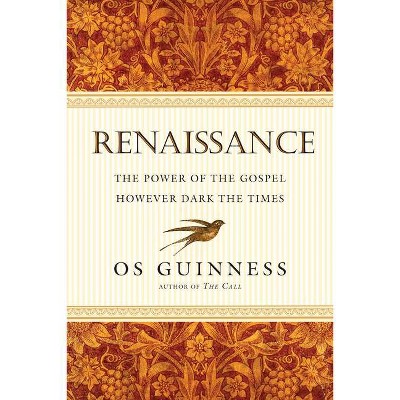Black Renaissance - by Miklos Szentkuthy (Paperback)
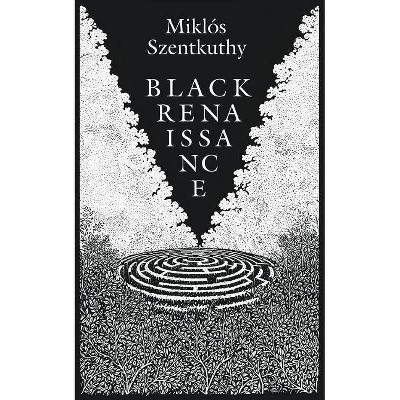
Similar Products
Products of same category from the store
AllProduct info
<p/><br></br><p><b> About the Book </b></p></br></br><p>Black Renaissance is the continuation of Szentkuthy's synthesis of European culture. Via three Orphean masks, he veers through the Renaissance, sounding a pessimistic 'basso continuo' on psychology, sin, metaphysics, eros, theology and more.</p><p/><br></br><p><b> Book Synopsis </b></p></br></br><p><em>Black Renaissance</em>, the second volume of the <em>St. Orpheus Breviary</em>, is the continuation of Miklos Szentkuthy's synthesis of 2,000 years of European culture. St. Orpheus is Szentkuthy's Virgil, an omniscient poet who guides us not through hell, but through all of recorded history, myth, religion, and literature, albeit reimagined as St. Orpheus metamorphosizes himself into kings, popes, saints, tyrants, and artists. At once pagan and Christian, Greek and Hebrew, Asian and European, St. Orpheus is a mosaic of history and mankind in one supra-person and veil, an endless series of masks and personae, humanity in its protean, futural shape, an always changing function of discourse, text, myth, & <em>mentalite</em>. Through St. Orpheus' method, disparate moments of history become synchronic, are juggled to reveal, paradoxically, their mutual difference and essential similarity. "Orpheus wandering in the infernal regions," says Szentkuthy, "is the perennial symbol of the mind lost amid the enigmas of reality. The aim of the work is, on the one hand, to represent the reality of history with the utmost possible precision, and on the other, to show, through the mutations of the European spirit, all the uncertainties of contemplative man, the transiency of emotions and the sterility of philosophical systems."</p><p> </p><p>In <em>Black Renaissance</em>, the dramatic scenes and philosophical passages (never a fog of abstractions, more the world and tone of Nietzsche's <em>Zarathustra</em>) parade before the reader ostensibly as three characters, by way of three Orphean masks: Renaissance and baroque composer Claudio Monteverdi, architect and engineer Filippo Brunelleschi, and a tutor to the young Elizabeth Tudor. From Monteverdi's impassioned search for an opera subject in the works of Tacitus to his meditations on divinities, to Brunelleschi's diving into the works of Herodotus so as to illustrate Greek history, Szentkuthy veers through the Renaissance, sounding a pessimistic '<em>basso continuo</em>' on psychology, sin, metaphysics, truth and relativism. Through Orpheus' final mask, that of the tutor of Elizabeth, it is eros and theology, two of Szentkuthy's fundamental concerns, that receive yet another complex and engrossing dramatization. Metaphysics, Rationalism, and existentialist despair all spin through the author-narrator's kaleidoscope as he closes his <em>Black Renaissance</em> by discoursing on the <em>Revelation</em> of St. John the Divine. A thousand attempts at defining physical and spiritual, heavenly and earthly love all fail.</p><p/><br></br><p><b> Review Quotes </b></p></br></br><br><p>Szentkuthy's modernism is truly unlike anything I know: at times it seems a surrealism without the agenda, extreme phenomenology, all in an endlessly self-generating theorizing where one learned digression triggers off another series of digressions, a bit like the chains of association in stream-of-consciousness writing - all tongue-in-cheek. He is exhilarating, baffling, exasperating, at times shriekingly funny, at times lapsing into the crudest purple prose - and strikingly strange. I have come to relish his peculiar hybridization of Hungarian - whether commenting on Tacitus or writing a fictional letter by Monteverdi on Brunelleschi, he would dot the pages with that jocose urban lingo of the 1930s, derived from German and Yiddish, that has since sadly disappeared from Hungarian usage, not to mention the wealth of French, English, Italian, Latin that lubricates the passages. As a friend said, it's like caviar. - Erika Mihálycsa, Hungarian Literature Online</em></p><br>
Price History
Price Archive shows prices from various stores, lets you see history and find the cheapest. There is no actual sale on the website. For all support, inquiry and suggestion messages communication@pricearchive.us
